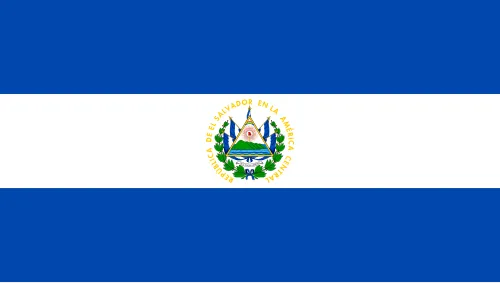
Celebrating Nigeria's Independence Day: A Journey to Freedom
Every year on October 1st, Nigerians gather to commemorate their Independence Day, a significant milestone marking the nation's liberation from British colonial rule in 1960. This momentous occasion stands as a testament to the enduring spirit, resilience, and unity of the Nigerian people. As the nation celebrates its independence, it is essential to explore the history, significance, and modern-day celebrations of this national holiday.
The Historical Context of Nigeria's Independence
Before Nigeria's independence in 1960, the country was under British colonial governance for several decades. The quest for freedom began in earnest in the early 20th century, with various nationalist movements advocating for self-determination and nationhood. Key figures, such as Nnamdi Azikiwe, Obafemi Awolowo, and Ahmadu Bello, led efforts to rally the populace against colonial rule, focusing on the needs and aspirations of the diverse Nigerian populace.
After years of negotiations, protests, and deliberations, Nigeria was finally granted independence on October 1, 1960. The event was celebrated with great pomp and ceremony, setting the stage for a new chapter in Nigeria's history as an independent nation.
Significance of Independence Day
Nigeria's Independence Day is more than just a public holiday; it embodies the nation's struggle for freedom and the triumph of its people. This day serves as a reminder of the sacrifices made by past leaders and citizens in the fight against colonial oppression. It also emphasizes the importance of national unity, cultural diversity, and progress in building a stronger Nigeria.
On this day, Nigerians reflect on their country's journey, celebrate their achievements, and honor the values of democracy, peace, and collaboration. Independence Day is a powerful reminder of the potential for growth and development when a nation stands together.
Modern-Day Celebrations
Independence Day celebrations in Nigeria are marked by vibrant festivities that showcase the country's rich culture and heritage. City streets are adorned with the green and white colors of the national flag, representing the nation's unity and peace. Activities typically include:
- Parades: Cities across Nigeria host parades featuring marching bands, traditional dances, and displays of cultural heritage. These events attract thousands of attendees, including government officials, students, and citizens, fostering a sense of community and pride.
- Cultural Programs: Various cultural programs highlight Nigeria's diverse ethnic backgrounds, with performances showcasing traditional music, dance, and art. This cultural showcase promotes understanding and appreciation of the nation's rich heritage.
- Speeches and Ceremonies: Government officials, including the President, deliver speeches to commemorate the occasion, reflecting on the nation's progress and outlining future aspirations. Ceremonial events are held to honor past leaders and heroes who fought for Nigeria's independence.
- Family Gatherings: Many Nigerians use Independence Day as an opportunity to spend time with family and friends. Feasting on traditional dishes, sharing stories of history, and participating in community activities reinforce the values of togetherness and national pride.
Challenges and Progress
While Independence Day is a day of celebration, it is also a time for reflection on the challenges that Nigeria faces as a nation. Issues such as economic disparity, political instability, and social unrest continue to pose significant hurdles. However, the resilience and determination of the Nigerian people remain steadfast as they work towards a brighter future.
As Nigeria celebrates every October 1st, it is crucial to embrace the spirit of independence and strive for positive change. Every citizen has a role to play in fostering unity, promoting peace, and contributing to the nation's development.
Conclusion
Nigeria's Independence Day is not just a celebration of the past but a commitment to the future. It is a day filled with pride, joy, and a renewed sense of purpose. As we honor the struggles of our forebears, let us also inspire the next generation to continue the journey of building a united, prosperous Nigeria. Together, the future is bright!





